Although Filipinos have been in this country since before the United States’ conception, the first election of a Filipino American didn’t happen until the 1950s.
In 1954, the late Peter Aduja became the first Filipino American elected into public office when he served as a representative for the Hawaii State Legislature. The Republican official hailed from Ilocos Sur and, like many Filipinos, served in the United States Army for World War II.
For nearly 20 years, Aduja was the only Filipino elected official in the U.S. until 1973 when Filipino American engineer and “energy czar” Larry Asera of Vallejo, California served in a variety of elected positions, including deputy secretary of state and chief legislative consultant to the California State Legislature.
Until very recently, elected officials in the U.S. were overwhelmingly white, straight, elderly and male. Throughout the latter half of the 20th century, it was a novelty to see a woman or person of color in any elected position. Before that, it was nonexistent.
But the influx of Asian immigration to the U.S. in the 1980s and 1990s ushered in a new generation of Filipino Americans that came from families looking to assimilate their U.S.-born children into the American mainstream.
Fast forward to 2020 in a post-diversity American culture and society when the push for people of color — particularly women of color — in leadership positions is at its utmost urgency.
Filipino Americans are the second-largest Asian American group but are still widely underrepresented in all elected positions across the board. But there is a strong contingent of Filipinos from all walks of life looking to rectify the diversity gap.
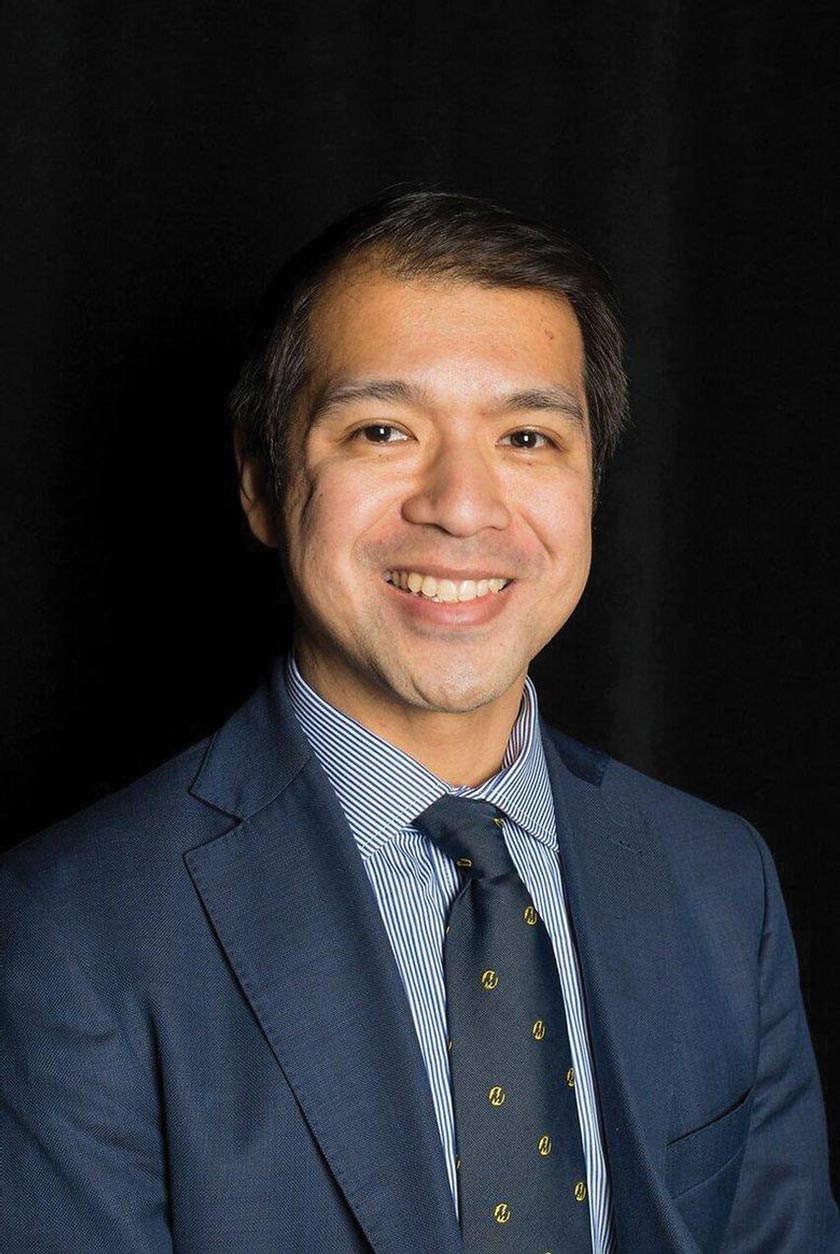
Marvin Lim, Georgia State House of Representatives
Marvin Lim, who immigrated to Atlanta from the Philippines at the age of 7, is gunning for District 99 of the Georgia House of Representatives. Representatives serve two-year terms in the legislature and are not subject to term limits.
In June, Lim, a civil rights and violence prevention attorney who has worked with the ACLU, won the Democratic primary with 61% of the vote and is unopposed going into the general election.
Gina Ortiz Jones — Texas’ 23rd Congressional District
Filipina American U.S. Air Force veteran Gina Ortiz Jones is currently running to represent Texas’ 23rd District in the House of Representatives after narrowly losing the same ticket in 2018 to the Republican incumbent Will Hurd.
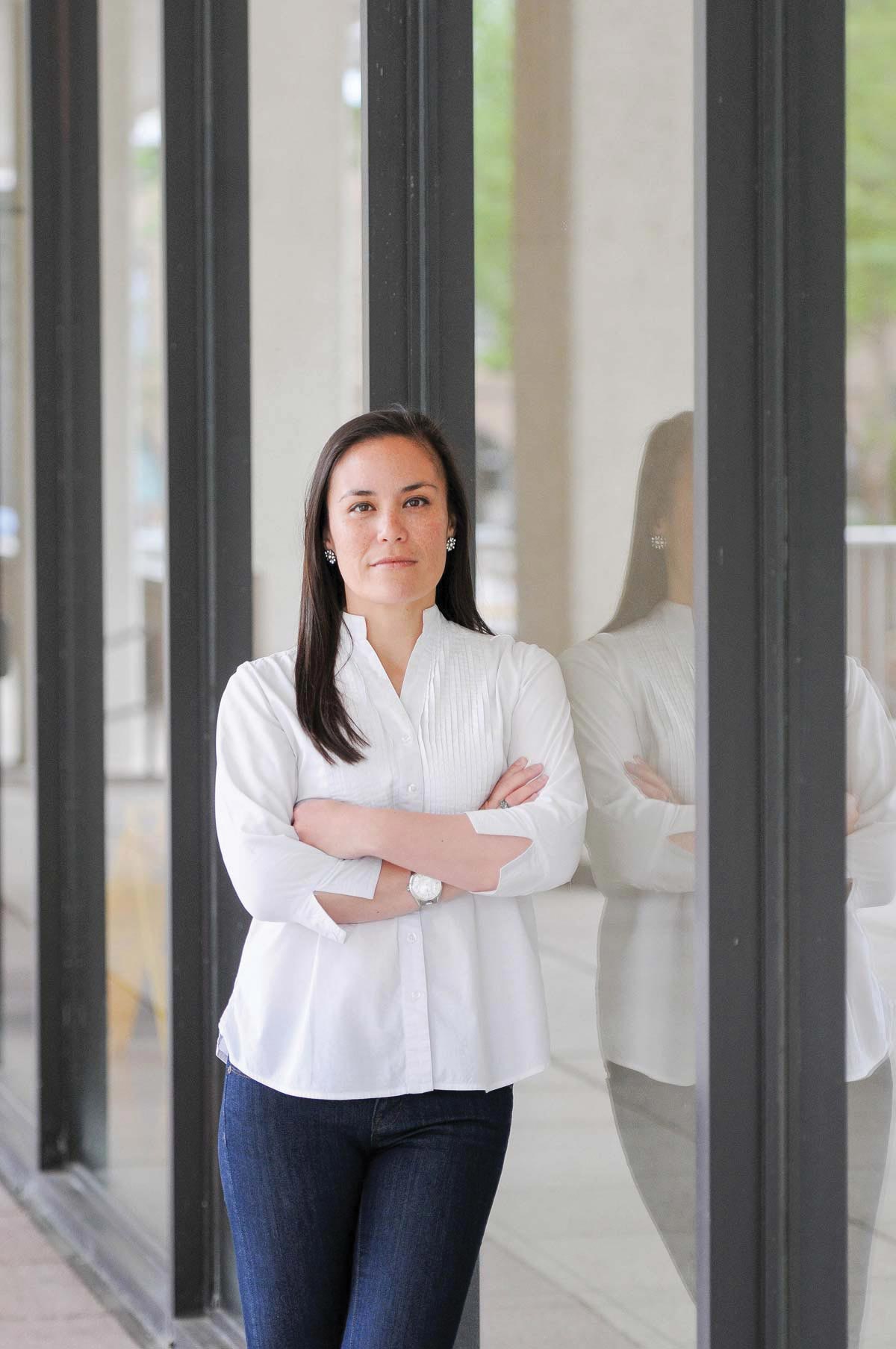
But with Hurd opting out of re-election this year, Jones, 39, has a viable chance at being the first openly gay woman of color to represent the Lone Star state. She is currently in a tight race against Republican candidate Tony Gonzales, a former Navy cryptologist, for the district that spans from San Antonio to the Texas-Mexico border.
In a recent debate with Gonzalez, Jones — whose mother is from Pangasinan, Philippines — argued that healthcare is the most pressing issue in the “medically underserved” district and vows to fight for a “public option so that people will have access to quality affordable health care, even if they’ve lost their job.”
“We need leaders that are going to make sure that we’re doing everything possible to protect people’s lives and livelihoods and holding them accountable when they don’t do that. And I look forward to making sure that we get this pandemic under control but also make sure our economic recovery is inclusive as possible,” she said.
The race for Texas’ 23rd District is monumental this year because the currently Democrat-heavy House can potentially swing right with all seats up for grabs this election cycle.
TJ Cox, California’s 21st District
Elsewhere in Congress, Filipino American Rep. TJ Cox (D-Calif.) is seeking re-election two years after he narrowly beat Republican incumbent David Valadao for the district centered in Fresno, California.
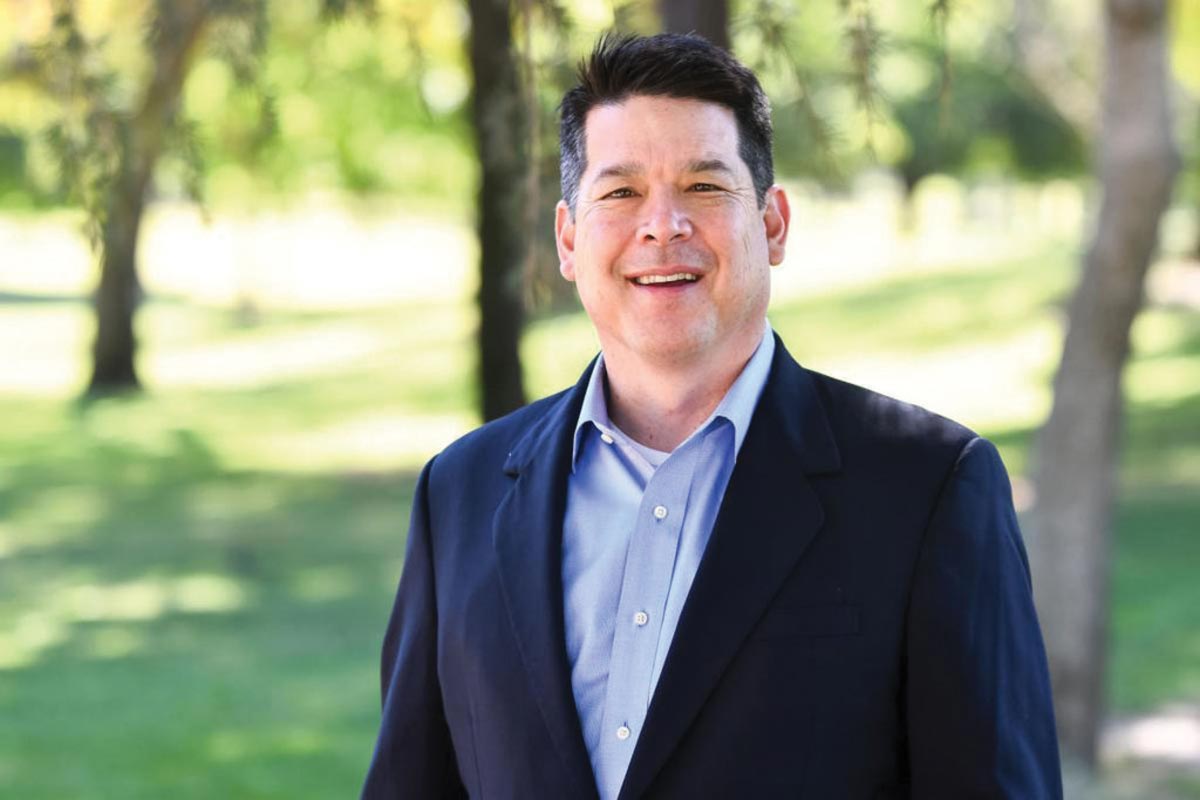
The 2020 race for the 21st District has been racked with mud-slinging from both sides.
Cox’s campaign has been playing up Valadao as a “yes-man who voted with [President Donald] Trump 99% [of the time],” and Valadao’s campaign has been painting Cox as an out-of-touch millionaire whose financial controversies make Cox “the single most corrupt member of Congress.”
Cox’s win was monumental, not just for the visibility of Filipino American leadership, but for the nation’s congressional landscape in general. Cox’s victory helped Democrats take one of the seven House seats in California that Republicans lost in the historic 2018 midterm elections.
It was also a particular surprise for the district which hasn’t seen a Democratic representative since 1981.
In a recent interview with the Los Angeles Times, Cox called out his opponent as “[House Minority Leader] Kevin McCarthy’s pet project,” noting that McCarthy has been trying to win back the seats his party lost two years ago.
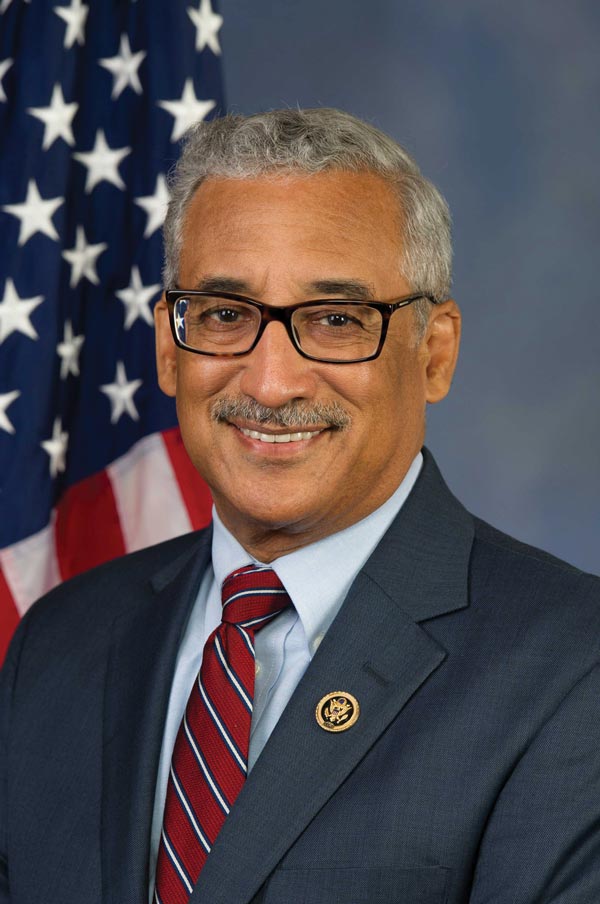
But Cox stressed that policies that McCarthy and his cohorts endorse — including “limiting healthcare access and a woman’s right to choose, tax cuts for the very wealthy” — aren’t the causes that benefit the rural, overwhelmingly Latino constituency.
Rep. Bobby Scott, Virginia’s 3rd district
On the East Coast, longtime Rep. Robert Scott (D-Vir.) is seeking re-election after nearly 30 years of legislating for the 3rd congressional district in southern Virginia. Scott, who is African American and Filipino (from his maternal grandmother), also chairs the House Committee on Education and the Workforce.
Scott is generally seen as a safe vote for Democrats; the district has almost consistently voted for Democrats in the primary and general elections.
Todd Gloria for San Diego mayor
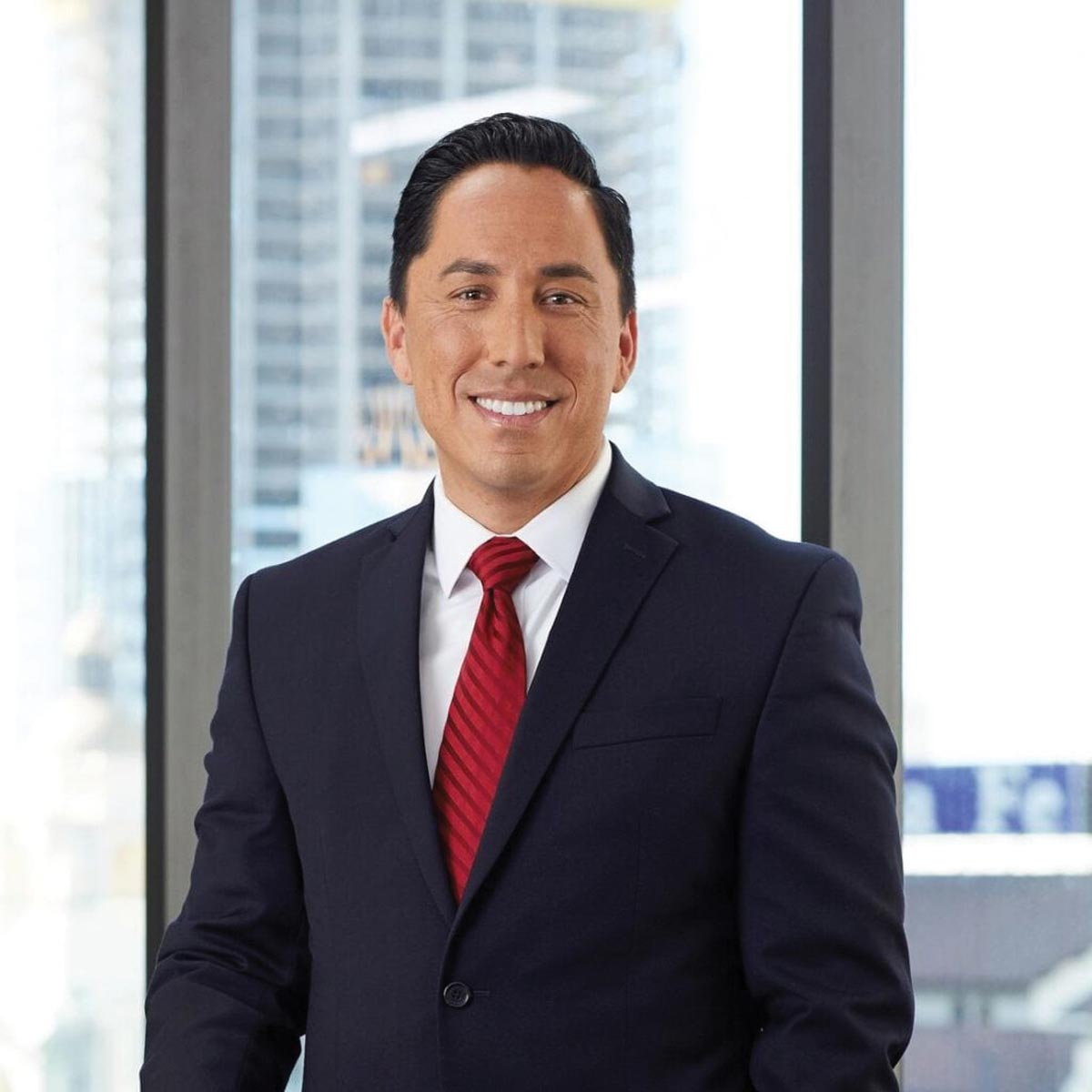
Another Filipino American looking to shake things up is Democratic California State Assemblymember Todd Gloria who, as previously reported in the Asian Journal, is currently running to become mayor of San Diego (part of which he currently represents as an assemblymember).
Gloria, 42, was the second person of Filipino descent ever elected to the California Legislature after the first, Assemblymember Rob Bonta, who is currently running for re-election for California’s 18th Assembly District (Alameda).
“He deeply cares about people, their safety and their welfare. He is a true leader and a professional and he gets things done,” Bonta recently said of Gloria.
If he elected, Gloria would be the first person of color and the first openly gay person to be elected as mayor of San Diego, an ethnically diverse city of more than 1.4 million.
Both Todd and Bonta (who has served his post since 2012) made strides for the Filipino American community in California, and there’s another Filipino American in the Los Angeles-area looking to increase visibility of the community in the legislature.
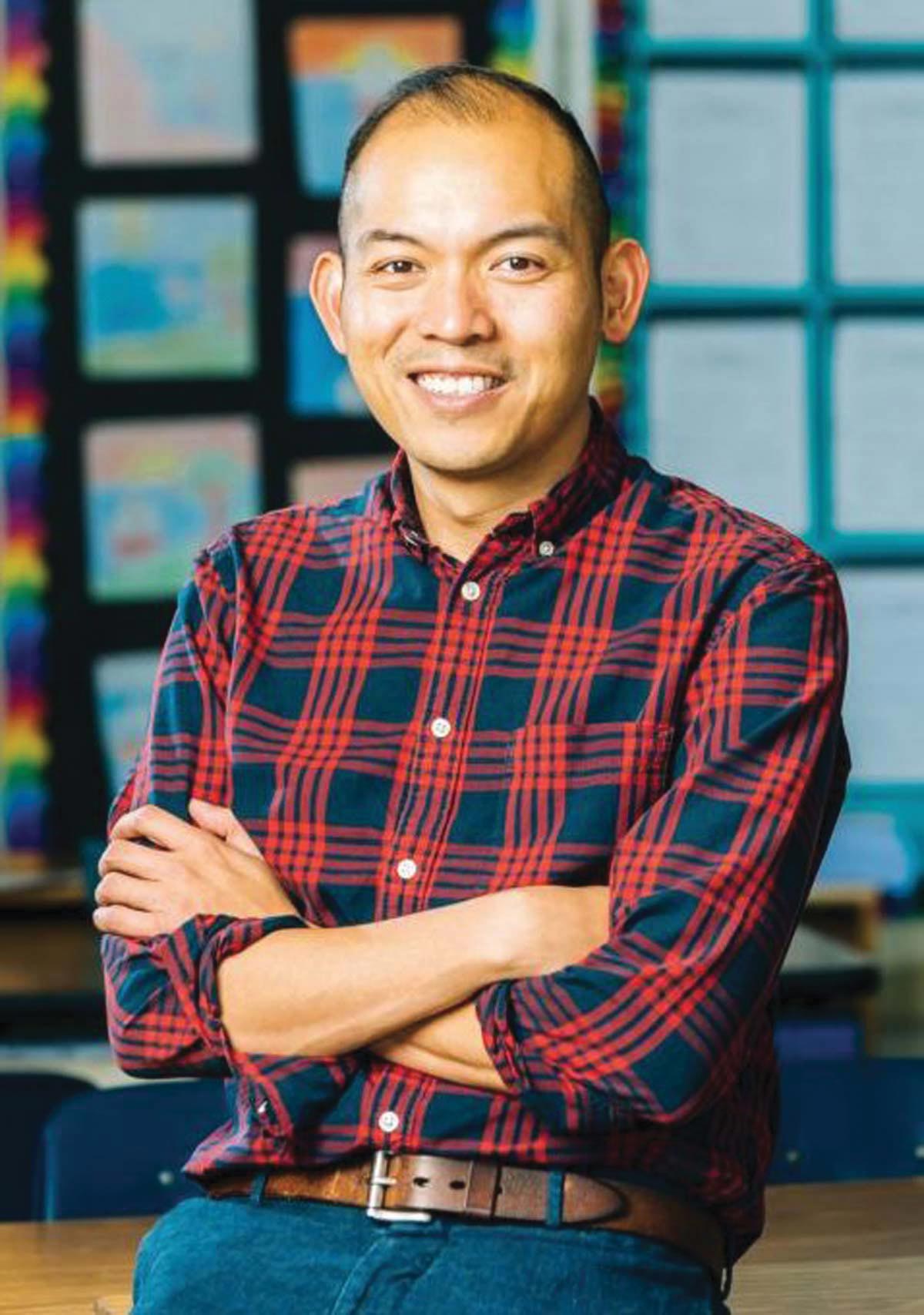
Godfrey Plata, CA State Assembly (District 53)
Organizer and former teacher Godfrey Plata won the primary election in March and is currently running a progressive campaign for California’s Assembly District 53 (Koreatown).
If elected, the tenants’ rights activist would be the only renter in the State Legislature which has tried and failed to address the state’s mounting housing problem. In the vein of Bernie Sanders and Alexandria Ocasio-Cortez, Plata’s grassroots campaign envisions massive bureaucratic changes to the government that prioritizes at-risk, underserved communities.
“There’s so much money at the table that is controlling the way in which we elect people and the way we make decisions,” Plata told the Asian Journal in February. “Lots of people want to know, “What do you want to change?’ But people aren’t thinking enough about what is the process of making change. I really want to shine a light on that and explore how we can expand our leadership and make our leadership work for us, not the other way around.”

Sean Reyes, Utah Attorney General
On the other side of the political spectrum, Sean Reyes, attorney general of the historically conservative state of Utah, is also running for re-election for his post that he’s held since 2013.
A Trump ally, Reyes recently spoke at the Republican National Convention on Aug. 27 where he said in a 4-minute speech that he interacts “with some of the most marginalized victims on earth and they love America. They love President Trump because he’s fighting for their freedom and America’s freedom.”
“I’m a proud American and proud descendant of warrior ancestors, women and men alike, from my Hawaiian, Filipino, Japanese and Spanish heritage,” Reyes said. “My father demonstrated his warrior spirit over 50 years fighting a dictator in his homeland, the Philippines. Barely escaping with his life, he started anew in America.”
Back in April, Trump endorsed Reyes’ re-election, saying in a tweet that Reyes is “a fighter and hard worker for the Great State of Utah. He is a big supporter of our [Make America Great Again] Agenda — Strong on Crime, the Second Amendment and Loves our Law Enforcement….”






